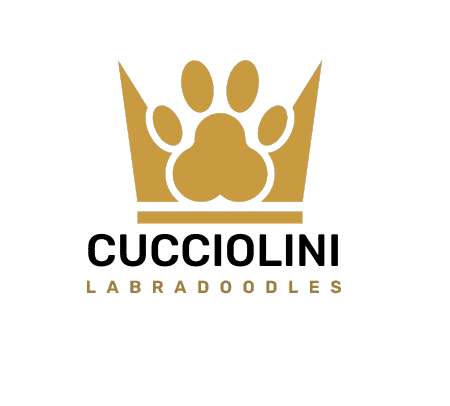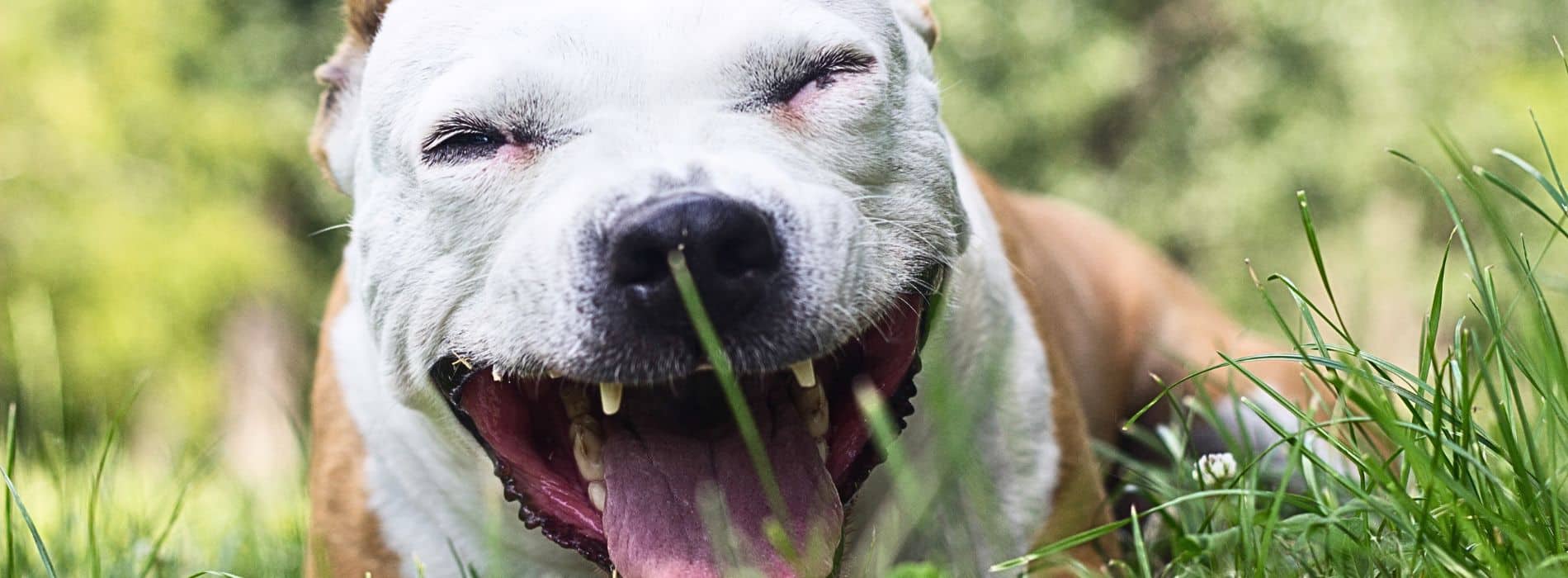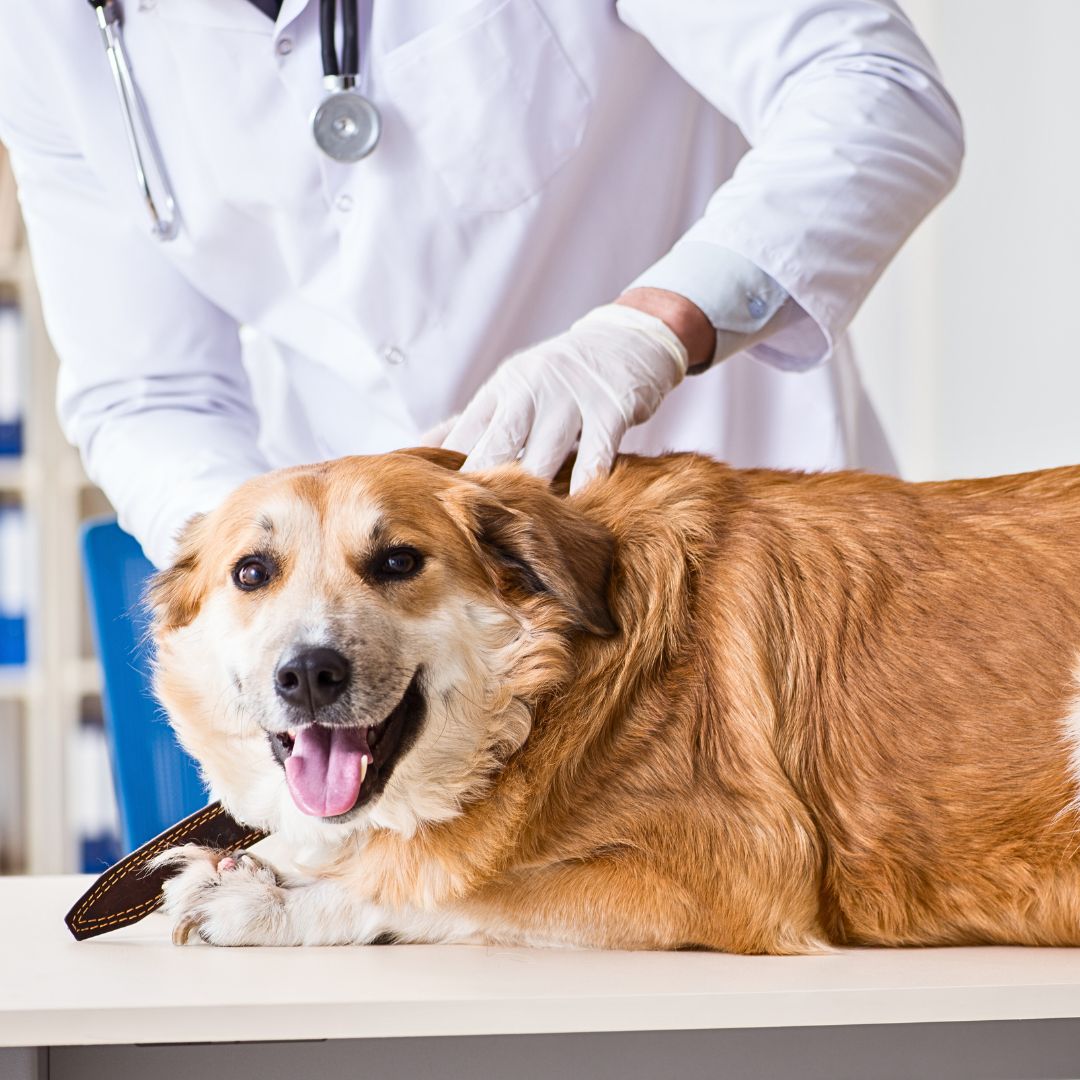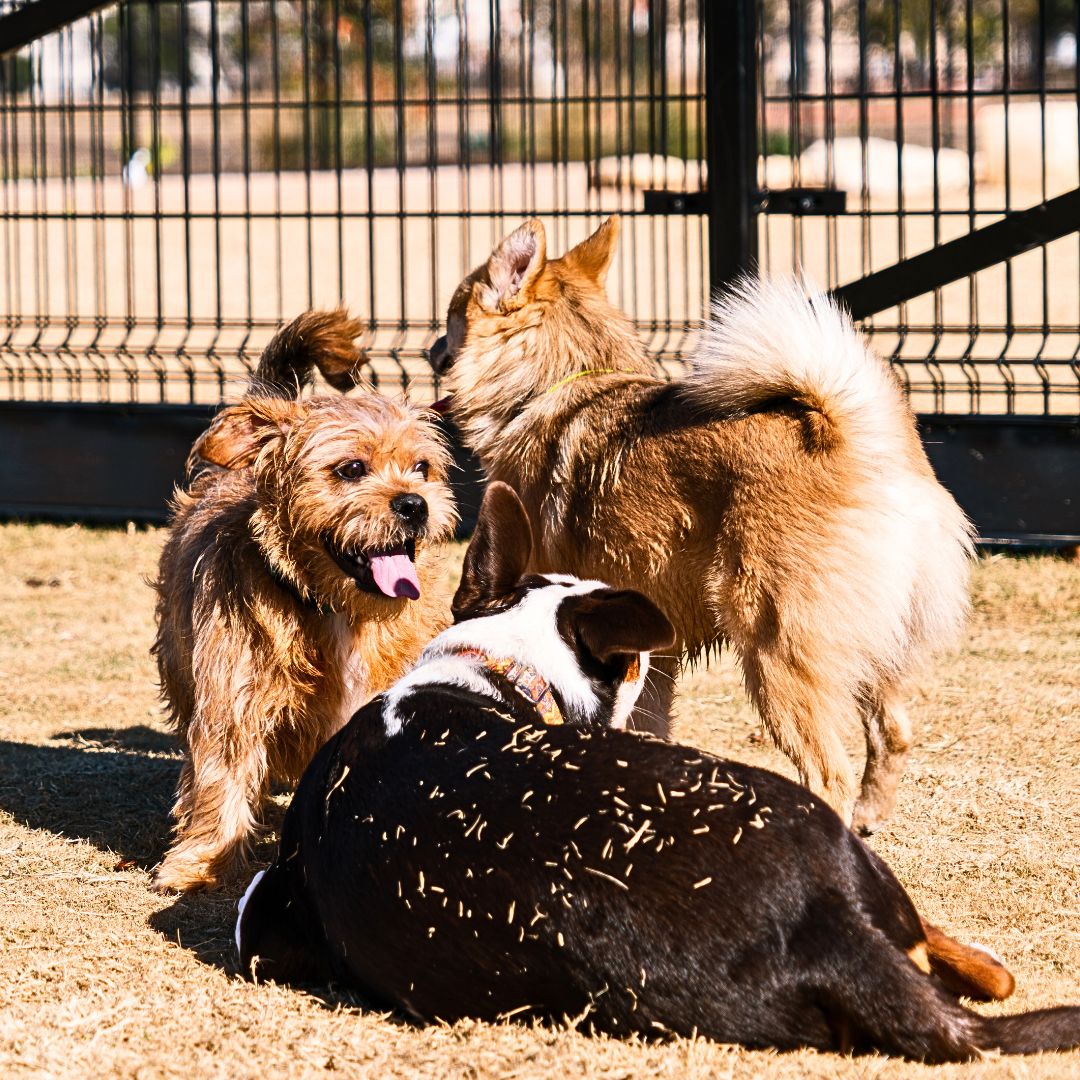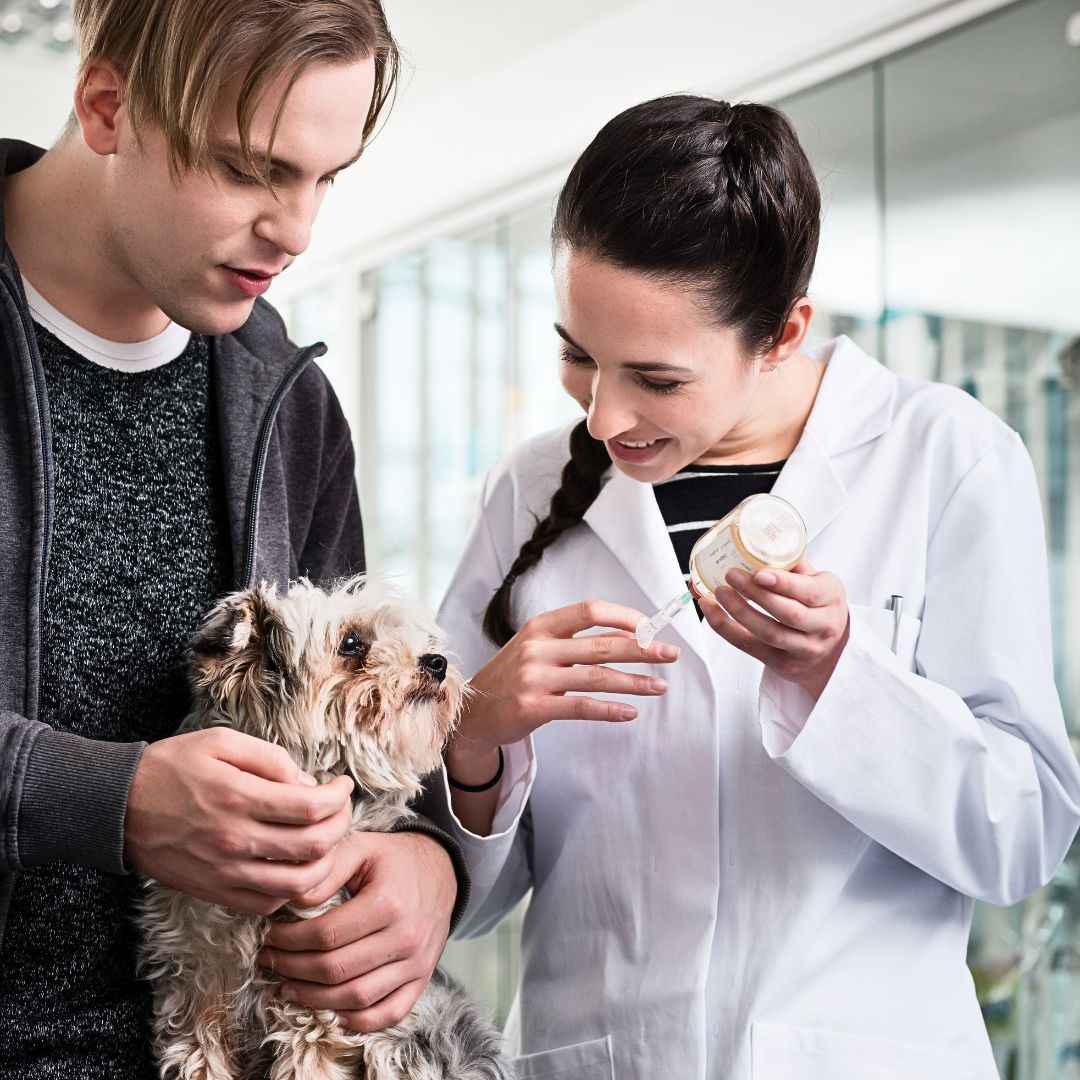Kennel Cough: What are the treatments and prevention methods for Kennel Cough in dogs?
Kennel Cough in Dogs causes illnesses? He might be suffering from kennel cough or canine cough. It’s a highly contagious disease that spreads quickly among dogs and can cause life-threatening responses, such as pneumonia and bronchitis.
So, in awareness of your dog’s health, here is a detailed description of kennel Cough disease. We will also tell you about all the possible preventions and home remedies for dog coughing.
What Is Kennel Cough and Prevention?
Canine infectious trachea bronchitis (CANINE) is a highly contagious respiratory disease that affects dogs. While the disease mostly spreads from kennel settings, it’s also contracted at pet parks, training groups, and show sets. Dogs are notorious for getting sick from “kennel cough” and many other illnesses. Treating a dog wheezing and coughing is easy, but unhealthy puppies recover slowly.
Kennel cough incubation period
Canine Kennel Cough lasts 7-14 days; no treatment is usually required. A potentially life-threatening form of pneumonia is a rare complication. This transmissible fungal skin infection can affect dogs with and without a kennel cough or even one that is vaccinated.
Kennel Cough Cause
The canine herpes virus causes kennel cough, as it can spread quickly in group settings with dogs. The exposure can sometimes go unnoticed. It is based on the dog’s history and possible exposure to kennel settings.
Kennel Cough is caused by stressful situations and poor air quality, making it hard for your dog to fight off the infection. Health conditions like crowding, stress, poor ventilation, and cold air will lower a dog’s protective mucous layer. It makes dogs more susceptible to getting sick while they are with you.
How Are Dogs Exposed to Kennel Cough?
Kennel cough means your dog has contracted a contagious respiratory ailment that quickly spreads through the air or on surfaces. In crowded environments like dog parks, boarding facilities, and grooming facilities, your dog is more likely to catch the illness from other dogs. Kennel cough can affect dogs and other animals, like kids.
It is vital to Prevent the Spread of the Disease before it spreads through common areas, especially living spaces. If you breed pets or own more than one, keeping your room clean and observing proper quarantine when sick or immune-compromised is essential.
Kennel cough is caused by stressful situations and poor air quality, making it hard for your dog to fight off the infection. Health conditions like crowding, stress, poor ventilation, and cold air will lower a dog’s protective mucous layer. It makes dogs more susceptible to getting sick while they are with you.
Be careful of your infected dog.
Kennel cough is contagious to dogs only. Even though there isn’t a chance for humans to be infected, protect your dog by staying away in days of possible outbreaks. As it is a contagious disease, its virus may also transmit to humans. Keeping your dogs, the surfaces, and objects in your home or workplace clean can prevent this cough from happening. You might see your dog coughing and gagging all night in kennel disease. So, it’s essential to keep him home until his symptoms subside.
What is a List of Symptoms of Kennel Cough in Dogs?
Common symptoms of Kennel Cough in dogs are sneezing, a mucous discharge from the nose and eyes, drooling, or coughing. It can also cause difficulty breathing and diarrhea.
- A cough brings out that distinctive sound you can hear throughout the room. However, it’s quiet enough that you must worry about distracting your colleagues.
- Constant Runny Nose
- Sneezing
- Lethargy
- Loss of Appetite
- Low Fever
Contact your vet if your dog has extreme coughing symptoms because some coughs are signs of more severe illness.
Coughing can also be caused by other conditions, including canine distemper and canine influenza, which start with nearly identical symptoms of kennel cough, he said. Other causes of coughing include a collapsing trachea, bronchitis, asthma, or heart disease.
What does a dog cough sound like?
Kennel cough is easily confused with a choking hack because it can quickly occur in a pat of coughing. But remember that the kennel cough sound is something distinctive that you can hear throughout the room. You may also feel your dog coughing like something stuck in his throat.
How Is Kennel Cough Treated?
Kennel cough typically clears up with a week or two of rest, but sometimes people get sicker or need antibiotics for secondary infections. For those cases, vets may recommend cough medicine to help ease the symptoms.
Neutralizers and vaporizers can help treat a variety of respiratory diseases. It’s vital to speak with your veterinarian when you have any concerns. There are many reasons why owning your pet would be beneficial, and one of them is using harnesses rather than collars with dogs having kennel cough. Harnesses can prevent cough aggravation that could damage the trachea.
If other dogs in your home exhibit similar symptoms, there may also be some risk of exposure to them. That’s why you must get the vet and perform daily environmental monitoring.
Can Kennel Cough Be Prevented?
Kennel cough is a common infection of the upper respiratory system, which can be contracted from various dogs, including those that attend doggie daycare or boarding facilities. The kennel cough vaccine offers relief in many ways, like preventing the infection from spreading to other dogs that might not have received a vaccine.
Various facilities need to carry many different types of Swine Flu vaccines. Facilities with many children, like daycare centers or schools, need the vaccine. So do workplaces with high contact rates, like those in food service or where people may come into contact with the general public.
The dosage schedule typically lasts 2-4 weeks after each injection, followed by a booster shot every 6-12 months.
Vaccinating your dog against all of these viruses is vital so they stay healthy and avoid catching any of the diseases and vaccinated.
If your pet is coughing, you should find a new vet. Depending on your dog’s breed, personality & health, this may be unsafe for them – it could even cause a dangerous infection. If you were planning on bringing your dog to a Kennel where there are large groups of animals, make sure you have their vet’s approval first!
See a Doctor if your Dog is Coughing
Like every other aspect of your pet’s health, a visit to a vet is crucial. With many factors and areas that can cause a cough, it’s best to check your dog out as soon as possible if they have had contact with other canines or boarding services. You can learn more about conjunctiva & pharyngeal swabs by clicking below:
Sick dogs can still get kennel cough vaccinations, but this is only possible if the dog is not ill. When a dog has received the vaccine, bring an up-to-date record of vaccinations and related medical problems so your dog won’t encounter any delays at the vet.
Most veterinarians know how to prevent Bordetella bronchiseptica infection in animals. You can find vaccines for this type of infection in two different types: injectable and oral drops. Your veterinarian will tell you when it is safe to provide the vaccine. If you see your dog coughing at night, a visit to the vet is necessary to know whether your dog is suffering from only kennel cough or if there are any other complications.
It’s important to let your veterinarian notice if your dog starts coughing. Even if it isn’t Kennel Cough, it can be a sign that needs immediate medical attention, such as:
- Asthma
- Bronchitis
- Heart-worm disease
- Canine distemper
- Canine influenza
- Cardiac disease
- Pneumonia
Home Remedies for Kennel Cough in Dogs
Curing Kennel Cough is easy when you use suitable home remedies. Knowing what kind of remedies to reach for is essential so you don’t cause more damage! The treatment requires staying home for a few days and following specific steps for the best outcome. This treatment does not require lots of costly medicines or vet appointments. Kennel cough is a condition many dogs are susceptible to and treated at home. Here are some simple home remedies:
- Probiotics – Supplements and foods with high nutritional value are becoming more popular and provide the required nutrients to help your pet live a healthy life. They also manage harmful bacteria in your pet’s immune system, making him feel better. Dogs with food allergies might want to avoid raw, unpasteurized dairy and meat products. Preventative medicine is always crucial to alleviate potential health issues. Your veterinarian can recommend probiotics as a treatment option. In this drug case, wait at least two hours after giving the antibiotic before providing the probiotic medicine to your dog. Antibiotics and probiotics have opposing effects, so it is best to consult your vet before providing one or the other.
- Honey – Using a home remedy like lemon water lowered the number of days the dog was sick by 61%. Lemons are in pet foods, so it’s no surprise that using one to soothe your dog’s cough made for a significant side effect! Honey is an excellent remedy for dogs with kennel cough, so go ahead and feed it to your pup without worry – remember that he likes raw honey, not ones with preservatives or artificial flavours.
- Medical Remedies – Used with humans and dogs, but if your dog already has an active case of Kennel Cough, it’s not a good idea to use this product. Nature’s Way products like Sambucus and Umcka Cold Care may benefit them. Also, ensure that your dog has good taste. Your dog will love the taste and will heal quickly! One TSP of cough syrup three times daily is enough for most small dogs under a year old.
- Cinnamon is a good supplement for your dog to eat while recovering from kennel cough. It can kill any flu in just one day and can relieve pain, especially if mixed with honey or another natural sweetener.
- Coconut Oil – Coconut oil is gaining popularity because it has antiviral properties. Some of our favourite household remedies can help with kennel cough. Vinegar, coconut oil, milk, and baking soda have positively affected dogs’ health. Give them a try if your pet has an acute reaction to the symptoms.
Wrapping Up
Kennel cough is not a big issue until it becomes severe and contagious. It requires some prevention and can also be treated easily at home. Has your dog suffered from kennel cough? If so, please tell us about the treatment you gave your pup.
What does a kennel cough sound like in a dog?
Kennel’s Cough sounds like a dry hacking cough. Sometimes it sounds like something stuck in your dog’s throat. It can be a mild symptom but can lead to severe pneumonia. So, visit a vet when your dog coughs frequently.
How long does a kennel cough last?
Kennel’s Cough lasts for days to weeks. Please keep your dog indoors, as it is a highly contagious disease. Also, give your dog some natural treatment like honey, lemon, or cinnamon to avoid complications.
